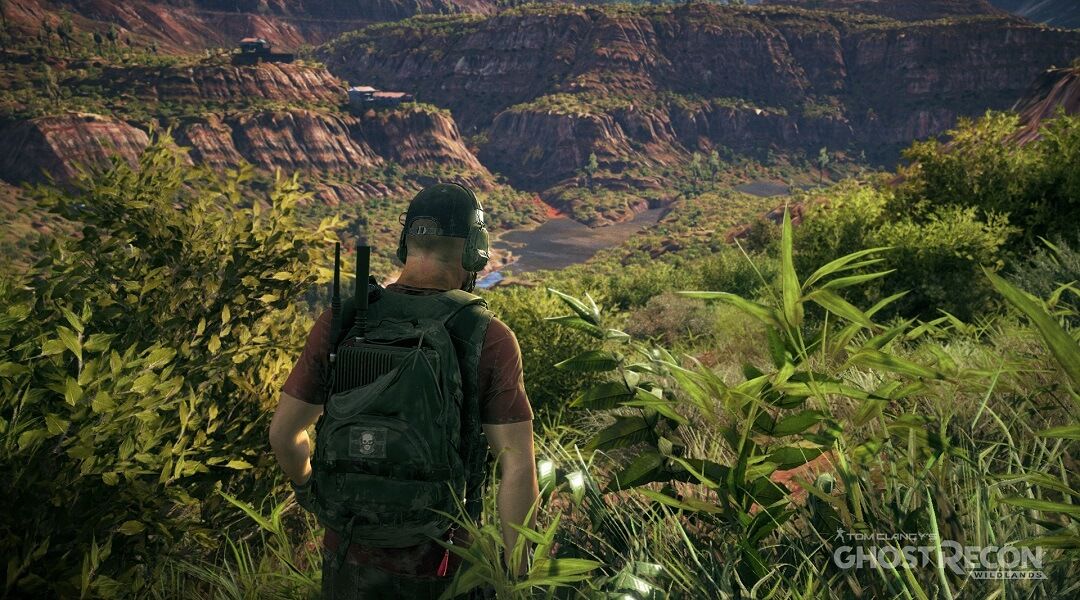Ubisoft Vice President of Editorial Tommy Francois opens up about the extreme lengths the publisher went to to capture Bolivian culture in the upcoming Ghost Recon: Wildlands.
Today at DICE 2016, Francois discussed the kind of process Ubisoft goes through in creating open worlds, emphasizing the amount of first-hand research that needs to go into a game so that it can feel authentic. In the case of the upcoming Ghost Recon: Wildlands, that process involved sending a team to Bolivia to immerse themselves in the culture and to avoid any misunderstandings that could hamper the game's release. One of the biggest surprises at E3 2015, Ghost Recon: Wildlands will apparently be inspired by the real life work of elite units within the Bolivian army.
That's because Ubisoft's team didn't just observe Bolivian culture and military procedures – they lived it. The team trained with the Bolivian army for a full week in the jungle, where they helped burn cocaine labs while getting a better understanding of just how important the cocoa leaf is to Bolivian culture and politics. It's that first-hand training experience that may have led Ubisoft to deciding that Ghost Recon: Wildlands would be an open-world shooter, a big departure from the gameplay that has previously characterized the series that could also serve as a breath of fresh air.
While Ghost Recon: Wildlands might be the latest example out of Ubisoft's immersive research policies, in practice many of the publisher's most popular games have emerged from the same approach. Francois used Far Cry 4 as an example for how first-hand immersion within a game's real world inspiration can fix aesthetic production flaws that "thousands of pictures" couldn't have accurately captured. Unfortunately for Ubisoft, it appears the team behind Far Cry: Primal couldn't hangout with woolly mammoths, so there are a few restrictions to the publisher's research practices.
That isn't to say that first-hand research can't happen on a busy city street rather than a beautiful jungle or mountain village. Francois was quick to point out that Ubisoft employed similar research decisions while recreating New York City in one of gaming's most hotly anticipated 2016 titles, The Division. Apparently that the research team gained valuable insight while exploring beneath Central Park and the Manhattan area, which is a far cry from the Bolivian landscape of Wildlands.
Although not much has been said about Ghost Recon: Wildlands yet, Francois' discussion of how much work went into getting its open world trappings and cultural significance right should bode well for a series that likely needed to approach its usual gameplay from a different angle. If nothing else, Ubisoft certainly thinks that Ghost Recon: Wildlands is going to bring the series back into the spotlight. The publisher recently filed a lawsuit against EA in order to protect its intellectual property from what Ubisoft believed to be a creative infringement against the Ghost Recon logo – a logo that the company hopes will appear on millions of television screens across the globe once Wildlands finally releases.
What do you think about Ubisoft's approach to first-hand research? Will Ghost Recon: Wildlands do its open world Bolivian setting justice? Let us know in the comments below.
Ghost Recon: Wildlands will be available on PS4, Xbox One and PC, although no release date has been announced as of this writing.
Source: IGN

